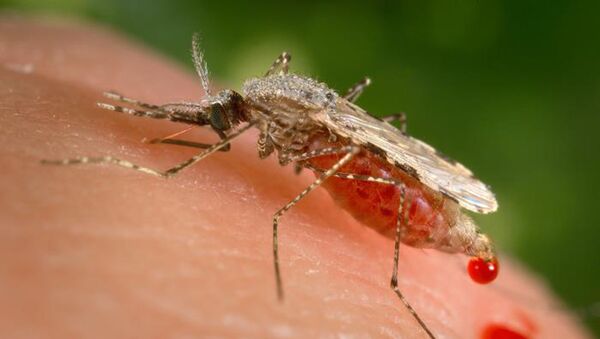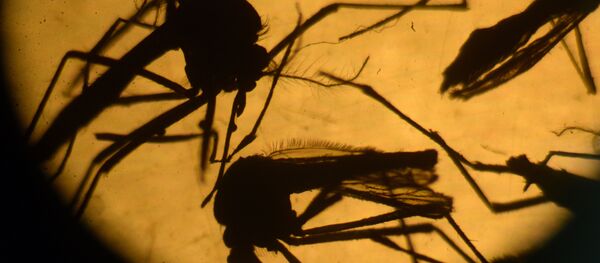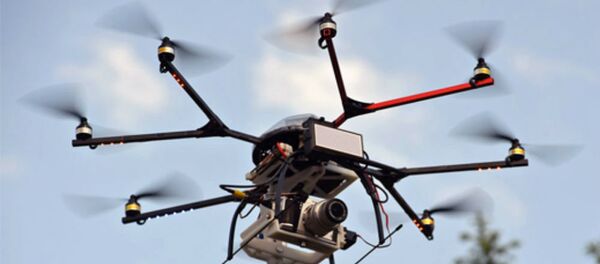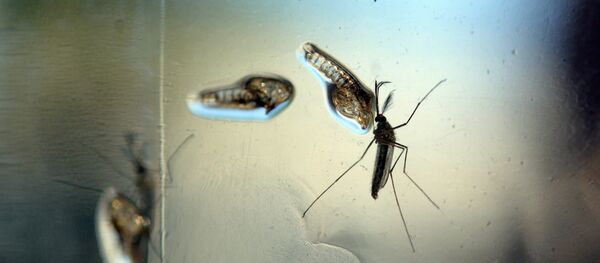The International Atomic Energy Agency has concocted a novel plan to combat the spread of the Zika virus in Brazil by sterilizing and releasing large amounts of male mosquitoes using drones. Sterilized male mosquitoes will mate with females in the wild who will lay eggs that produce no offspring.
"It’s a birth control method, the equivalent of family planning for humans," commented Kostas Bourtzis, a molecular biologist with the IAEA’s insect pest control laboratory.
The sterilization method, called irradiation (exposure to radioactive material), has been used by the IAEA to control fruit flies on the Portuguese island of Madeira. The agency said Monday that it will pay to ship the device used in Madeira to Juazeiro in Brazil’s northeast region, pending an import permit from the Brazilian government.
A Brazilian non-profit, Moscamed, has begun parallel efforts to breed 12 million mosquitoes a week to be sterilized with a cobalt-60 irradiator in collaboration with Canadian company MDS Nourdion.
Brazilian scientists are also experimenting with radioactive sterilization. The Fiocruz biomedical research institute in Recife has released 30,000 mosquitoes sterilized by radioactive exposure on Fernando de Noronha, an island 350 km 217 miles) off the coast of northeast Brazil.
Fiocruz’s pilot radioactive sterilization project found that 70 percent of the eggs laid by females were sterile, according to Fiocruz researcher Alice Varjal. Results from their latest experiment in Fernando de Noronha are expected in May.
The Zika Virus Remains a Pressing Concern
To date, there exists no cure or vaccine for Zika, a disease carried by mosquitoes that has spread to over 30 countries, primarily in the Western hemisphere. Researchers currently offer that the only way to contain the virus is to reduce the mosquito population.
World health officials suspect the Zika virus is the culprit behind an explosion in cases of microcephaly, a previously rare birth defect. Brazil has had over 500 confirmed cases of the congenital condition in the past several months, with 3,900 additional cases suspected.
Whether the experimental methods at mosquito population control slow the advance of the disease ahead of the Brazil 2016 Olympic Games remains an issue of concern for officials, citizens and travelers in the country.





